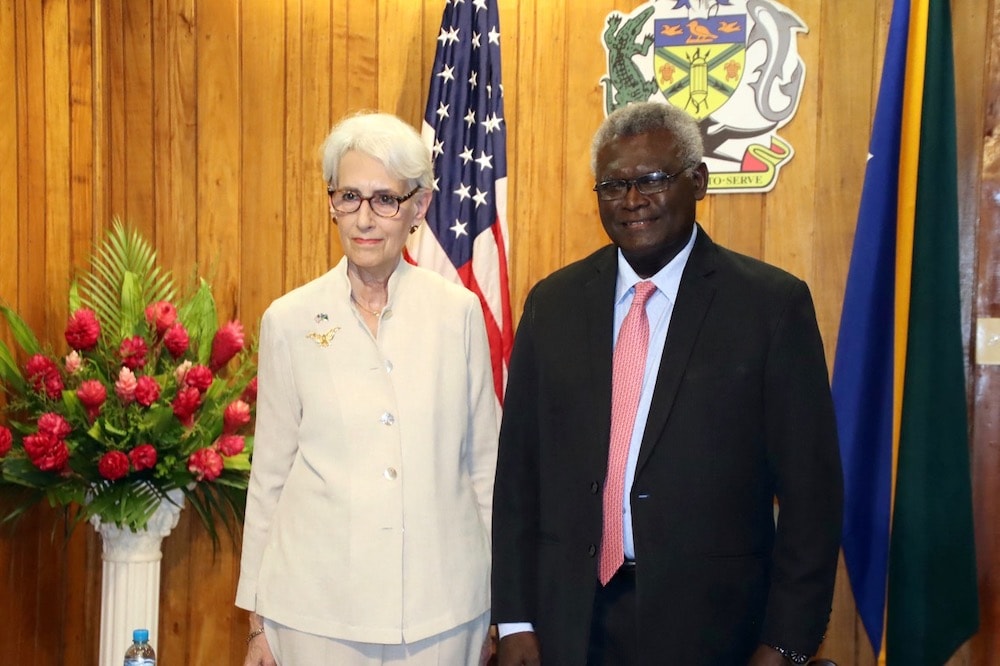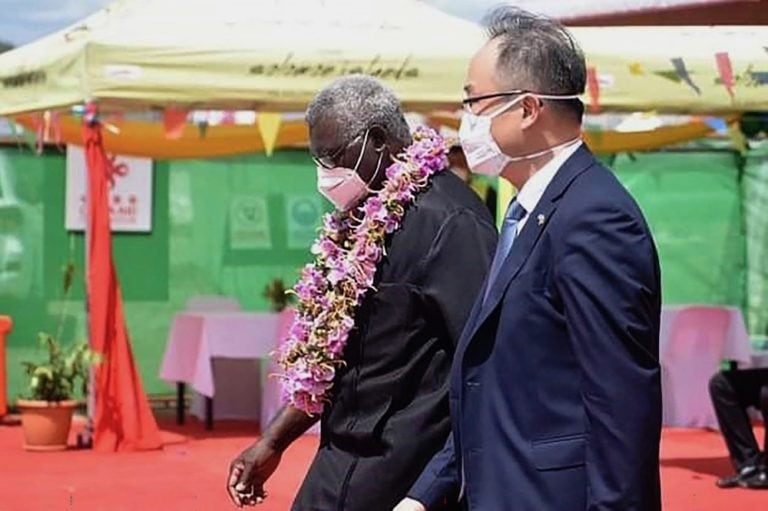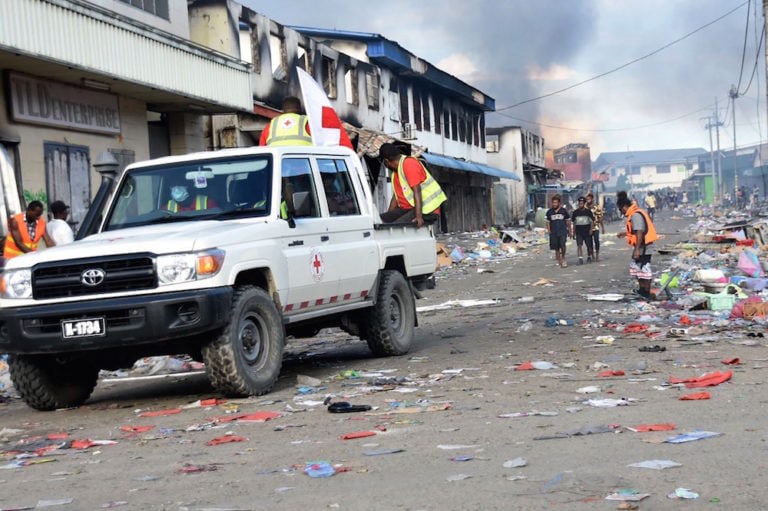The opposition and media groups have described the order of the prime minister as a form of press censorship.
This statement was originally published on advox.globalvoices.org on 8 August 2022. It is republished here under Creative Commons license CC-BY 3.0.
The Solomon Islands Broadcasting Corporation (SIBC), a publicly funded media network, was ordered by the prime minister’s office to enforce new guidelines that will require news and paid programs to undergo a vetting process as the government reins in on “disunity.”
SIBC chief executive Johnson Honimae told the Associated Press that the prime minister’s office has raised the issue of “disunity” in several telephone calls. “They believe we’ve been running too many stories from the opposition side, causing too much disunity,” Honimae said.
The Prime Minister’s Office reminded SIBC about its duty “to practice, fair, responsible and ethical journalism.”
We have seen that recently SIBC has been broadcasting news that is inciting alarm and anxiety in our public, mostly based on misinformation and lies. The Government has not been even given the opportunity to respond to this misinformation and lies.
This was echoed by the prime minister during a session in Parliament.
Opposition leader Matthew Wale described the order of the prime minister as a gag on the press:
Allowing the Prime Minister to control SIBC activities is not only contrary to law but can also have far-reaching consequences. It may well be draconian leaving no room for corruption by ministers and government officials to be brought to public attention.
Melanesian News Network editor Dorothy Wickham told ABC in an interview about the potential negative impact of the order on press freedom:
If the opposition gets on SIBC and starts criticising government policies, which every opposition does … would the government disallow SIBC to air that story or that interview? That is the question that we’re asking.
She added that it is not the duty of the media to promote unity.
University of South Pacific journalism professor Shailendra Singh wrote about the decline of freedom of expression in the country.
The government has clarified that its order is not censorship since it only seeks to protect “our people from lies and misinformation, especially when these very lies and misinformation is propagated by the national broadcaster.”
The precarious state of media freedom in the Solomon Islands was also highlighted during the visit of the Chinese foreign minister in May, when local reporters were barred from raising questions at the press forum.
Written by Mong Palatino



